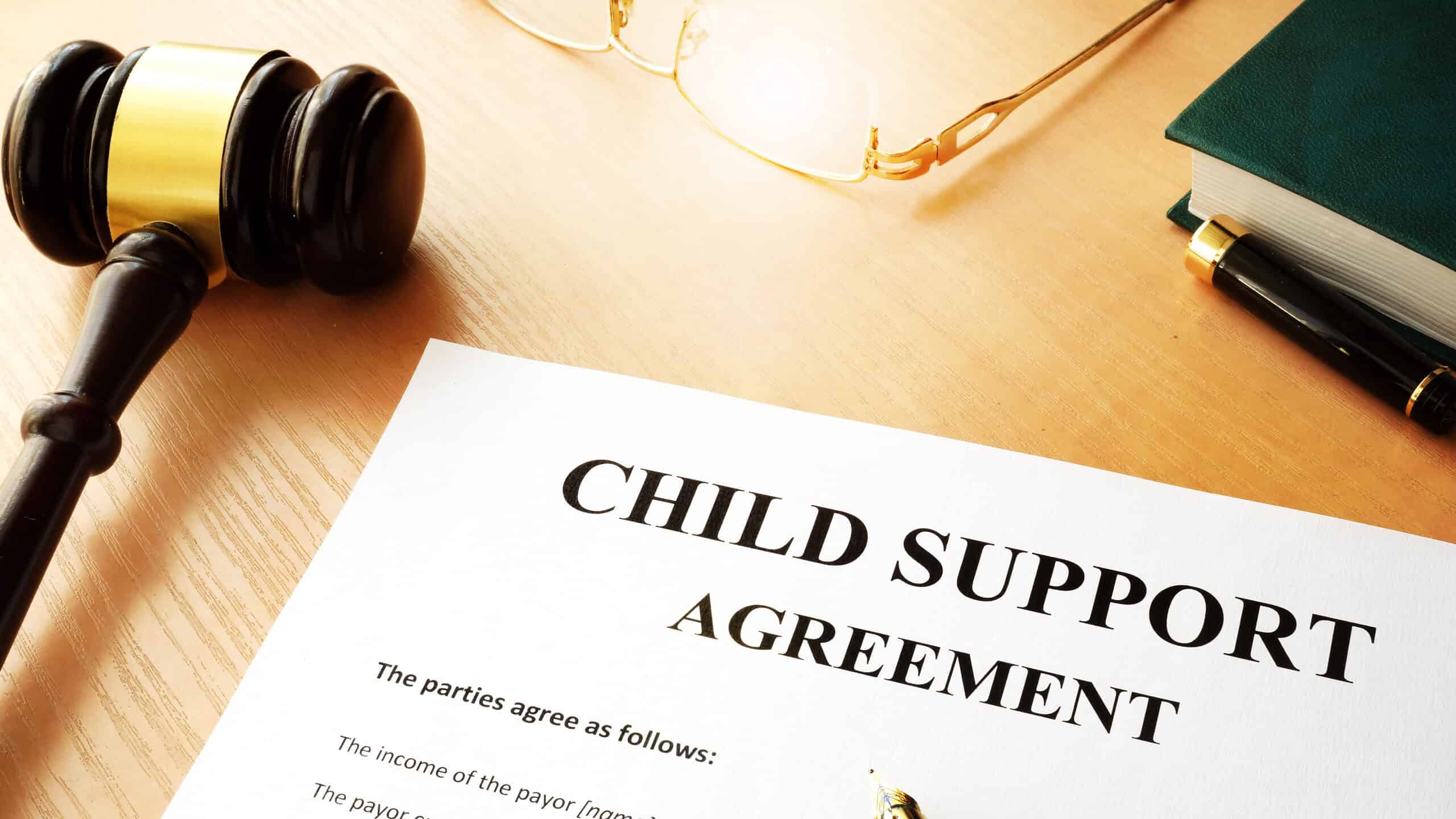

How Much Is Child Support, And How Is It Calculated
As a parent who takes care of the children after divorce, it can be bittersweet to realize that you may be eligible for child support. On the one hand, it is sad that your family is breaking apart, but at least you will get some money to help you along. If you are in this unfortunate situation, then we are here to help. Today, we will answer the question of “how much is child support?". We will also tell you how it is calculated and provide information about the other miscellaneous factors you should know.
Key Points
- The amount of money you will receive from child support is determined by a court based on a variety of factors, including your income and the amount of money needed to maintain the child's current standard of living.
- The average cost of child support in the United States is $430/month.
- Once the child support amount is established, only a judge can alter it. If the person who owes child support is negligent in their payment, it could come with legal ramifications.
What is Child Support?
First, it is important to understand the definition of child support, so you can start to think about how it is calculated and what you may be entitled to. In most states, the idea of child support is to pay for the basic needs of the child, including housing, food, and clothing. However, some states expand the definition of basic needs, and it may also include things like medical care, transportation, entertainment, and college expenses.
Every child support case will be different because every child will require a different amount of money to cover their needs. With that in mind, many states will also factor other considerations into the potential payments. They may include:
- Income and expenses of the paying parent.
- The unique financial needs of the child.
- The amount of money is necessary to maintain the child’s current standard of living.
The important thing to remember is that once the court decides on a final child support amount, it is set in stone unless there is a drastic change. So, if the paying party loses their job or is hurt on the job and can no longer pay the same amount, then paperwork must be filed. They will need to complete a modification of the existing child support form.
How Much is Child Support and How is it Calculated?

©fizkes/Shutterstock.com
When it comes to the question of how much is child support, it will really differ based on the state where you live and your unique situation. Currently, the average child support payment in the United States is $430/month or $5,150 per year.
However, each state has its own stipulations and calculations for how they determine the child support that will be rewarded. The judge in your case will make a decision based on those guidelines.
The equation they use is complicated, and it will factor in many different considerations. While each case will be different, the main factor will be how much the noncustodial parent earns from their job so the judge can see how much they can afford to pay. In addition to the base salary, a judge may also consider the following:
- The amount of money that you may already be receiving from a previous marriage.
- Whether the other party is already paying money to someone from a previous marriage.
- If either parent is already responsible for a child from a previous marriage.
- Which of you is paying for health insurance?
- Which of you is paying daycare costs?
- Whether the parent is already having union dues or other amounts already automatically removed from their paycheck.
- The ages of the children in question.
- Whether the parent gets extra money via bonuses, incentive pay, or lump-sum payments.
- Whether the payer already has a new spouse that also contributes to their income.
A Judge can Modify the Amount
It is important to remember that there is a judge involved when it comes to the question of child support. That is because there are many factors and state guidelines to consider. Plus, a judge is essential because they can hear the arguments from each party. Then they will make a decision that is best for everyone.
If the paying party has an argument about getting more money or providing less, then you will need to present the proper documentation. You can’t just make claims. You need to prove your point. If you are the one hoping to receive child support, then you should take the time to write out your budget. Include all of the expenses that you have every month that are necessary for the proper development of your child.
Exceptions to the Rule
Even with that said, there are certain situations where the judge might decide to require that the other party needs to pay more or that they are allowed to pay less. These situations may include:
- The noncustodial parent earns a lot and can afford more. In this case, the judge may require them to pay more so your child can continue to have the standard of living that they had before the divorce.
- The state guidelines provide an amount of money that the judge thinks is more than necessary to pay for the child’s expenses. In that case, they may lower the amount that would need to be paid.
- A case where the noncustodial parent makes very little money. So, they cannot afford to pay for the child’s basic expenses. If they just lost a job, then the judge might ask for you both to return to court so they can review the noncustodial parent’s current situation.
- Your child needs extra care or has special needs. If the child needs extensive care and it costs more money to help them, then the judge may require a higher payment.
- Your child has a special talent, like playing an instrument or dancing. It may cost more money for them to continue that talent, so a higher payment may be required.
- If the judge believes that the parent is not being honest about how much money they make. Some parents who owe child support may take a lower-paying job just so they don’t have to pay more money. If this is the case, then the judge may need to make an executive decision.
The Guidelines in Different States
As mentioned, each state may have slightly different guidelines, so when it comes to getting a good answer about how much you may pay or be owed, you need to talk to the courts where you live. With that said, you can likely expect one of the following child support guideline models:
Income Shares Model
This model is based on the idea that the child should receive the same amount of parental income that they would have if their parents were still together. Guam, the Virgin Islands, and 41 US states use this model.
Percentage of Income Model
In this situation, the state would set the child support based on only the income of the noncustodial parent. They do not even consider the income of the custodial parent. There are technically two variations of this model, and they include the Varying Percentage Model and Flat Percentage Model. This model is less common and is only used in six states.
Other Models
Three states (Delaware, Montana, and Hawaii) use the Melson Formula, which is essentially a more complicated version of the Income Shares Model and incorporates many public policy judgments.
Finally, the District of Columbia uses a hybrid model that factors in the income model and custodial parent’s income.
It can become very complicated depending on the state where you live. Luckily, there are tools online that can at least give you an idea of how much you may expect to pay. For instance, this calculator can give you an estimated amount based on your state, the number of children, whether or not you are the custodial parent, and the other parent’s estimated monthly income.
What Happens if a Person Doesn't Pay Their Owed Child Support?
Different states have different guidelines for when a parent may request judicial support for late or missing child support payments. A judge can issue an automatic deduction to your ex's wages to ensure they are making payments. Alternatively, you may be able to levy upon your ex's bank accounts, stocks, property, or other holdings.
Someone who is delinquent in their child support payments can face contempt of court charges and civil penalties. If the delinquency becomes a repeat problem, they can even face fines or jail time. If you are responsible for paying child support, it's important to take that responsibility seriously.
In any case, there are child support attorneys that can provide you with guidance if your ex is delinquent on their child support payments.
Conclusion
As you can see, the answer to how much child support costs is not always completely black or white. If you are in this unfortunate situation, then check out the guidelines of your state and speak to an attorney if necessary. Regardless of what happens, we wish you the best of luck.